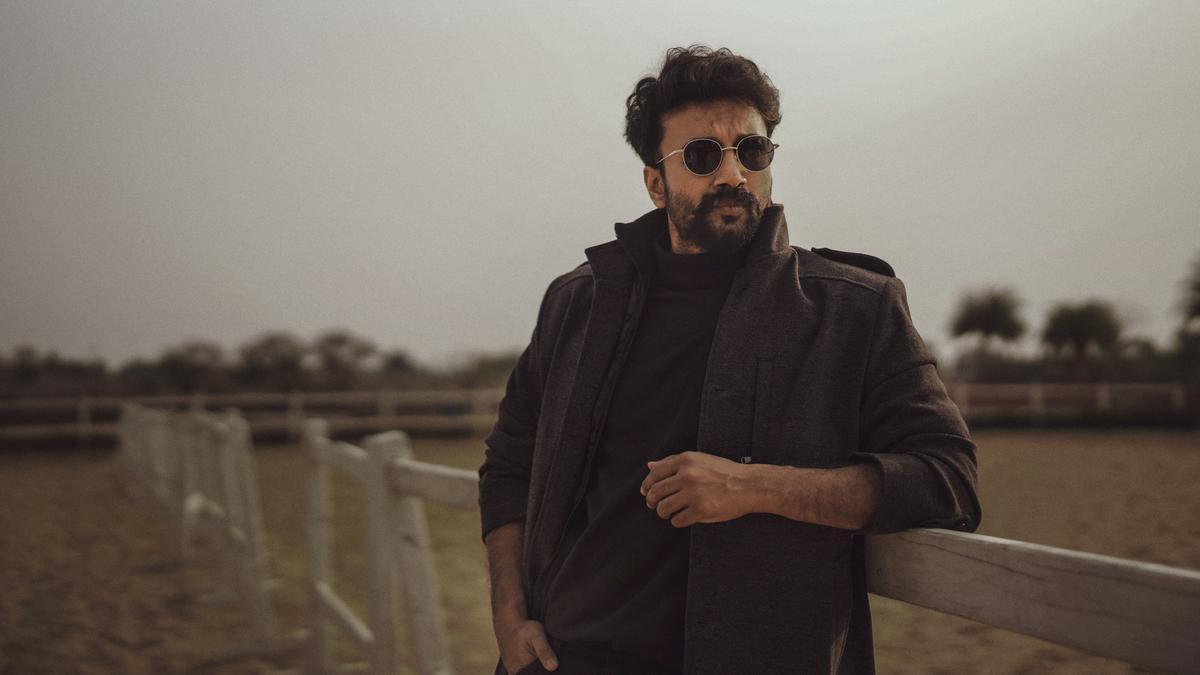
Cinema often triumphs when the whole eclipses the sum of its parts. Nevertheless, this formula falls short in the much-anticipated ‘Malaikottai Vaaliban’, a vibrant tapestry of revolution set within the ancient confines of a fort and a cinematic experience rich in color and grandiose intentions. Director Lijo Jose Pellissery assembles an array of ingredients that are individually exceptional: Madhu Neelakandan’s captivating cinematography, electrifying action sequences, Prasanth Pillai’s rhythmic background score, and a sprinkle of standout performances. This collaborative effort also marks Pellissery’s maiden venture with legendary actor Mohanlal, raising the expectations for what should have been a magnum opus.
Yet, despite its technical finesse and visual allure, ‘Malaikottai Vaaliban’ disjoins somewhere between script and final cut, culminating in an experience that disappoints those expectations. Pellissery, alongside screenwriter P.S. Rafeeque, crafts a narrative that exudes folklore charm with a modern cinematic twist.
In this Amar Chithra Katha-esque setting, we follow Vaaliban, portrayed by Mohanlal—a rooted fighter wandering from one town to another, conquering local champions, winning hearts, and engaging in brief romances before moving on. His reputation precedes him, but the pattern of his life shifts when Rangarani (Sonalee Kulkarni) falls for him and a scorned adversary, Chamathakan (Danish Sait), swears vengeance. It is in these encounters that potential for a richer narrative pulses, but unfortunately, remains largely underdeveloped.
The film compels its audience to traverse through a languid screenplay, which tries to compensate its slow progression with a rushing tide of last-minute revelations—all of which are packed into the concluding half-hour. Matters of envy, confusion, betrayal, and deception all erupt, yet they feel forced and unsatisfying, barring a subplot involving Ayyanar (Hareesh Peradi) that resonates more deeply.
Mohanlal brings gravitas to Vaaliban, instilling life into the larger-than-life persona with a touch of vulnerability, a portrayal that certainly sets itself apart from his earlier similar roles. Nevertheless, he too suffers from the lack of a well-constructed script that could offer more depth to his character. Among the cast, it is Danish Sait’s Chamathakan that is afforded a semblance of complexity.
Pellissery is no stranger to innovation in his films, and ‘Malaikottai Vaaliban’ is no exception. His love for the craft shines through in deliberate homages to classic films. And yet, what remains is a lingering sense of what could have been—a ground-breaking work that fulfils both visual splendor and storytelling depth.
Indeed, the film does not fail for want of “mass” cinema elements—these components do exist and are well-executed when they appear. The shortfall lies in the absence of a compelling, tightly knit narrative that could anchor its style with equal measures of substance. The promise of a sequel does leave room for redemption, offering hope that these missteps might be addressed in a future installment.
‘Malaikottai Vaaliban’ is not entirely devoid of merit; it stands as a testament to the possibility of spectacle in Indian cinema. However, as it currently plays out on the silver screen, it beckons the question of whether the unfulfilled potential of its individual parts could someday manifest in the cohesive and impactful masterpiece that both the audiences and the auteur behind it truly seek. For now, the film continues to greet viewers in theaters, inviting them to experience Pellissery’s vision, albeit a vision that might leave many yearning for more.










